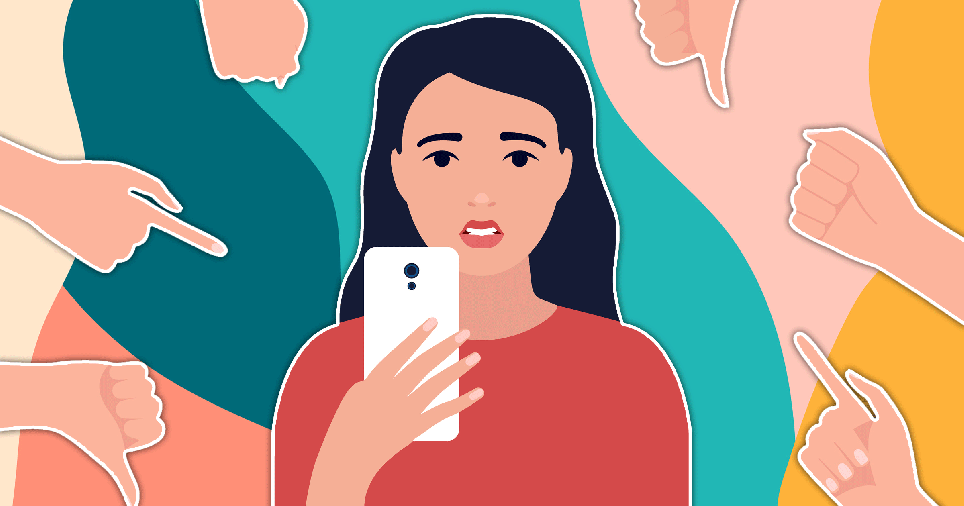
There are two types of people in the world: those who care what others think about them, and those who rarely give it a second thought.
The former usually seek external validation from others – that is, their self worth and the way they feel about themselves depends on the opinions of people around them, be it their boss, their parents or a friend.
This is normal – and most of us care about other people’s opinions to some extent. It isn’t always a bad thing, caring what other people think can make us more considerate, kinder and more understanding.
But while it’s normal and healthy to seek external validation in some instances, when it’s your primary mode of validation, it can become problematic.
Why do some people constantly seek external validation?
People who seek external validation all the time have what is known in psychology an external locus of control.
‘The locus of control in a person can either be internal, or external,’ senior therapist Sally Baker tells Metro.co.uk.
As with many things, whether you have an internal or external locus of control is determined by childhood experiences.
‘If you’re raised in a family where you are loved, honoured, adored and listened to and heard, you grow up with an internal locus of control, and that’s the healthiest thing you can have,’ explains Sally. ‘That means that you feel that you have traction in your own life, and that your actions can make a difference.’
However, if there were emotional discrepancies and a gap between what you needed while growing up and what you actually got, you are more likely to develop an external locus of control.
‘This means the place of control in your life feels outside of you,’ Sally continues. ‘And because you’re not in control, you’re always looking for others to save you or to step in to advise you, or tell you that you’re a good person and you’re doing well.’
This is usually because, when you grow up in a household where you don’t feel safe or your needs aren’t met, or love from a parent was conditional, you’re likely to not less connected with your own intuition.
As Sally explains: ‘Everyone is born with quite a functioning intuition, but if you’re in an environment as a child where you’re powerless, it’s not helpful to keep intuitively knowing that this is not a safe place for you, or not a place where you can develop and have everything that you need to be a well rounded person, so you start to ignore your intuition.’
What are the negative impacts of seeking out external validation?
Needing to get your validation from others rather than yourself, can cause myriad problems – specifically in terms of self-esteem and vulnerability.
‘When you look to others to validate you, it can become problematic because they may not have your higher good at the forefront of their mind – only you will have your higher good at the centre of yourself,’ says Sally.
‘This means that you might have to become a people pleaser to get that validation, it means you might have to put your own needs on the backburner to focus on the needs of others.’
This leaves you vulnerable, not only to manipulation, but to emotional burnout and dissatisfaction in your own personal life.
Constantly seeking external validation can also impact your self-esteem.
‘The external locus of control is directly linked to your self esteem,’ says Baker. ‘People who seek external validation often have a negative inner voice, while people with an internal locus of control have an inner cheerleader that just thinks they are fabulous.’
When you rely on others to boost your confidence rather than yourself, you don’t give yourself the opportunity to think you’re great, and when that validation isn’t sought, you’re left feeling worse about yourself.
Source: Read Full Article
